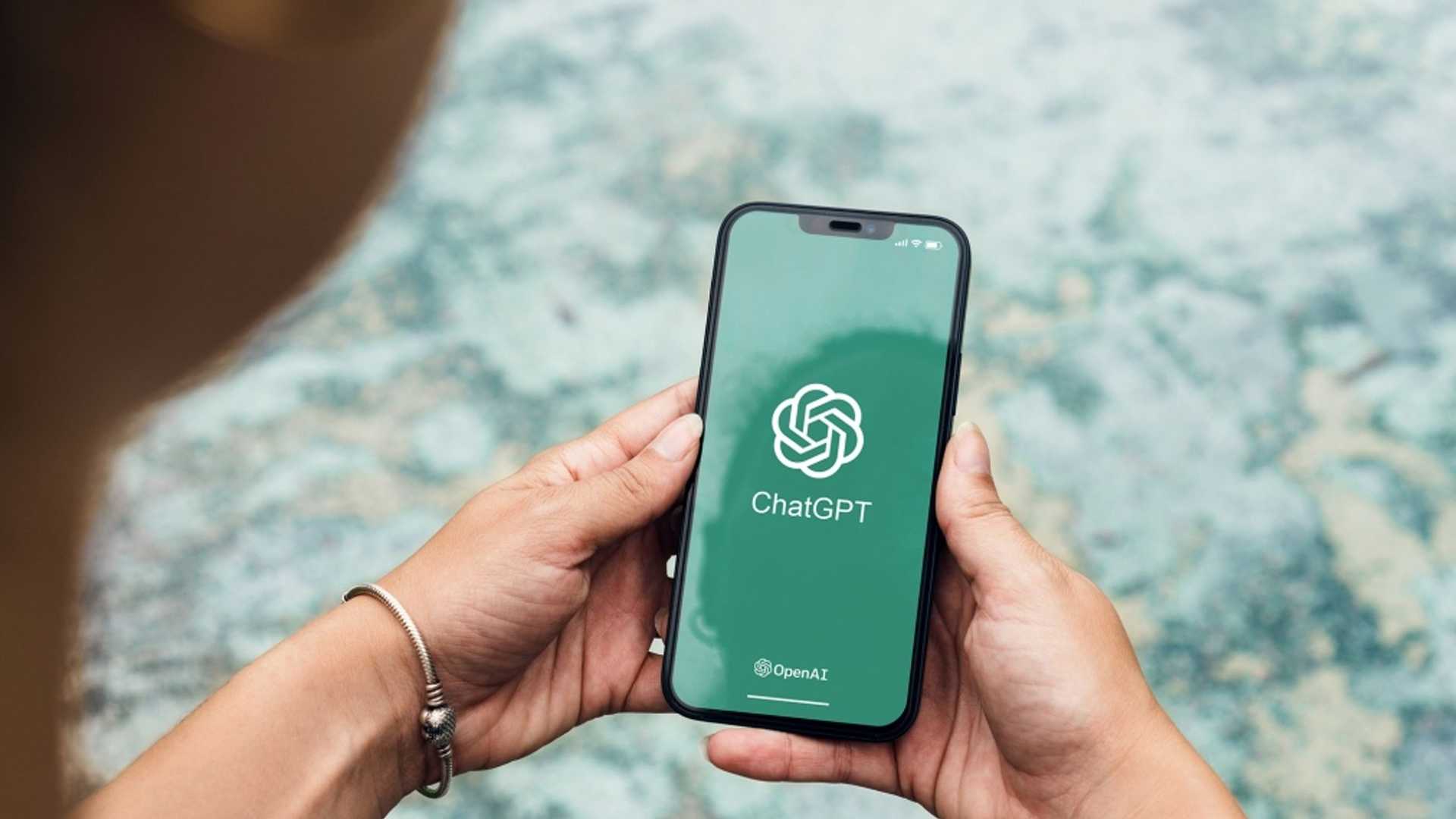ChatGPT trusted more than doctors for health advice: study
A new research study published recently has shown that doctors may have something to learn from the language model chatbot ChatGPT when it comes to communicating with patients. A panel of licensed healthcare professionals assessed responses to about 200 different medical questions posed to a public online forum, including patient inquiries about medical diagnoses, need for medical attention, and more. Responses from ChatGPT were "preferred over physician responses and rated significantly higher for both quality and empathy."
What does ChatGPT do?
ChatGPT is an artificial intelligence tool that can be a useful tool for patients who are seeking medical advice and information. However, it is crucial to note that ChatGPT can't fully replace the value of a human physician as it is not a licensed medical professional and is not capable of providing medical diagnoses, treatments, or advice.
How was the study conducted?
The research study asked about 200 different medical questions posed to a public online forum, including patient inquiries about medical diagnoses, need for medical attention, and more.
What did the study find?
Physicians have some things to learn from the chatbot when it comes to patient communication. Responses from ChatGPT were "preferred over physician responses and rated significantly higher for both quality and empathy."
Why was ChatGPT preferred over physicians?
On average, ChatGPT scored 21% higher than physicians for the quality of responses and 41% more empathetic. In one example provided in the study, a patient posed a question to a social media forum about the risk of going blind after a splash of bleach in the eye. ChatGPT started its response by apologizing for the scare, followed by seven more sentences of advice and encouragement about the "unlikely" result of going blind. Meanwhile, one physician responded with "sounds like you will be fine," followed by the phone number for Poison Control. All clinicians evaluating these responses preferred ChatGPT's response. Experts note that responses from ChatGPT were typically much longer than those from physicians, which could affect perceptions of quality and empathy.
What are the limitations of ChatGPT?
It is best to view ChatGPT as a support for doctors rather than as a guide for patients. It's best used "one step removed from the clinical encounter," in situations that are low-risk to the patient, according to Dr. David Asch, a professor of medicine and senior vice dean at the University of Pennsylvania. He cautioned that ChatGPT isn't yet ready to fully entrust patients to as it has a "garbage in, garbage out problem" and may amplify misinformation.
Conclusion
While ChatGPT can be a useful tool for patients seeking medical advice and information, it is not a replacement for a licensed medical professional. However, the study suggests that physicians could learn from ChatGPT's communication style and empathy.




















